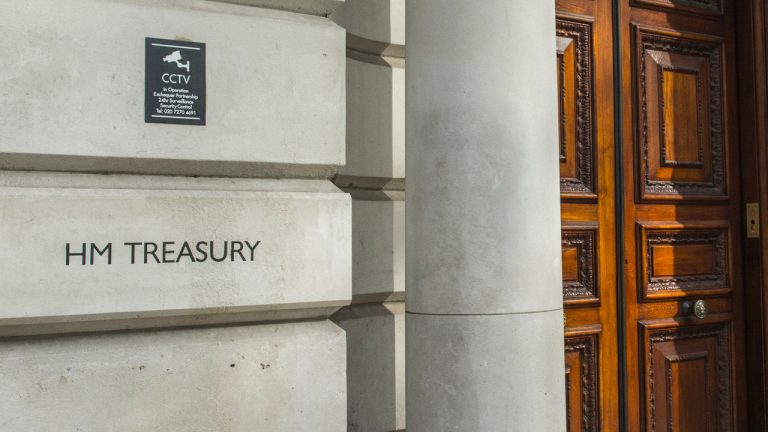
Taxpayers in the United Kingdom will have to report cryptocurrency assets separately in their tax documents for the tax year 2024-25, according to the Exchequer’s recently published spring 2023 budget.
New Criminal Offenses Planned by U.K. Government to Combat Tax Avoidance
Amid the chaos in the banking sector following the collapse of Silicon Valley Bank’s U.K. subsidiary, finance minister Jeremy Hunt delivered the spring 2023 budget on Wednesday. Hunt, who was previously dealing with the bank’s failure, told BBC reporters that the shutdown of the U.K. financial institution posed no immediate danger to the British financial system. The budget, published by the Treasury, discusses the decisions the U.K. government has made to “restore economic stability, support public services, and lay the foundation for long-term growth.”
The budget also discusses tax and spending and specifically addresses “tackling promoters of tax avoidance.” The U.K. government is planning to introduce new criminal offenses for those who evade taxes and will consult on the issue soon. “The government will also consult on expediting the disqualification of directors of companies involved in promoting tax avoidance, including those who exercise control or influence over a company,” according to the Treasury budget.
Additionally, the Treasury’s document mentions amending the U.K.’s self-assessment tax forms to account for cryptocurrency assets. “The government is introducing changes to the self-assessment tax return forms that require amounts related to cryptocurrency assets to be identified separately,” explains the Treasury notice. “The changes will be implemented on the tax forms for the 2024-25 tax year.” In the U.K., self-assessment tax returns are due on Jan. 31 each year. U.K. taxpayers use the Government Gateway Service to file their tax records, and cryptocurrency assets must be listed separately under the new rule.
The budget from the U.K. finance minister and Treasury follows U.S. president Joe Biden’s recently submitted annual budget for 2024, which also includes proposed tax policies targeting cryptocurrency investors. Biden’s budget aims to eliminate the like-kind exchange provision, also known as Section 1031, from the Internal Revenue Code. The president’s administration believes that closing the so-called loophole will prevent the “ultra-wealthy” from exploiting the like-kind exchange provision.
What do you think about the U.K. and U.S. governments’ proposed changes to tax policies regarding cryptocurrency assets? Share your thoughts in the comments section below.




















